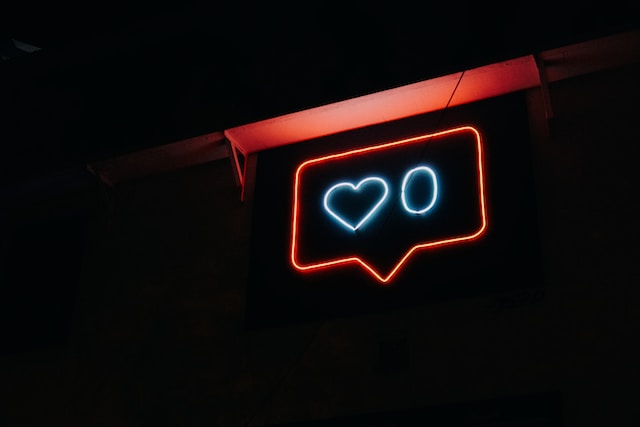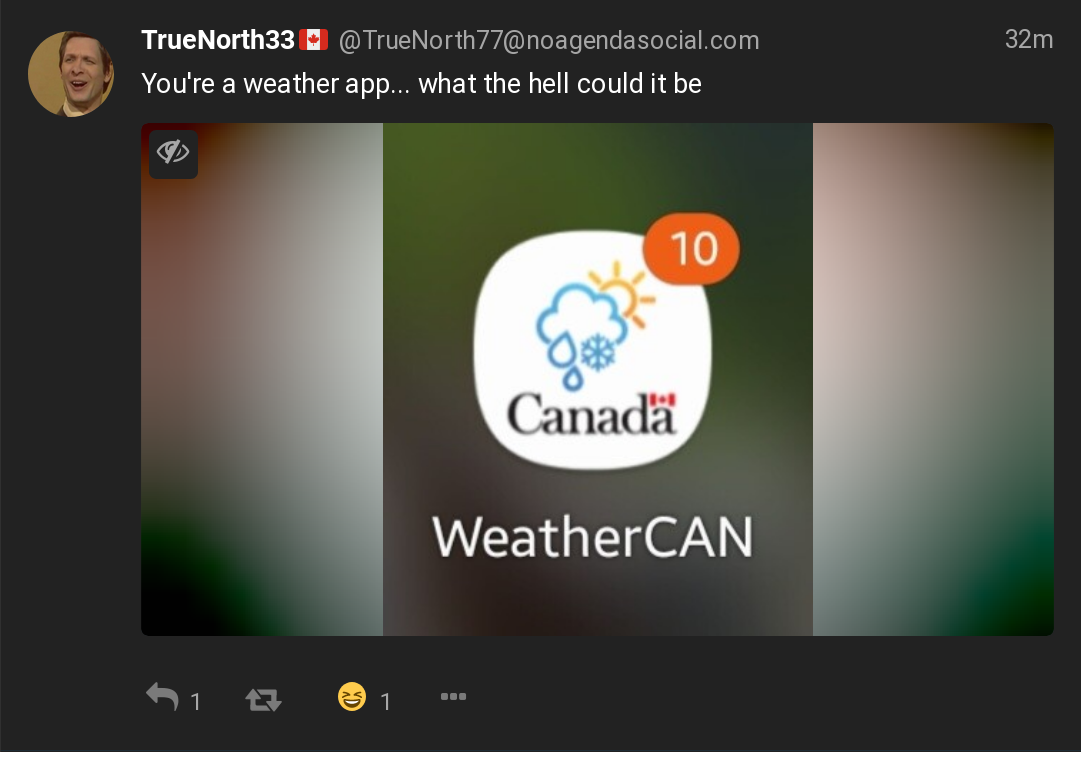How to Ignore Notifications or Why I Don't Write As Much as I Use To

I deleted my Facebook and Twitter over a year ago. Even when I had accounts on those websites, I fought hard to ignore their notification systems. Even as my unread notices grew to over 80, I avoided the dopamine hit from clearing that little red number inscribed in a circle. Training ones brain to ignore notifications is the first step at fighting back against the growing war for your time and attention.
Ignore your Notifications
Every modern website and mobile app seem to incorporate some form of notification system. The details of the implementation vary, but the bell, alarm, envelope or question mark, with a red bubble and a little number inside of it, are universally understood by anyone familiar with modern communication technology. Part of fighting the distraction economy is training oneself to not acknowledge notifications.

Before I deleted Facebook, I had stopped clicking on the notifications. Interestingly, even without acknowledging them, the number of notifications did go down (most likely for events and other time based notices). I was never able to get over 100 notifications, and when Facebook reworked their layout, they limited the maximum to 20. LinkedIn, a network that silently deletes and censors posts, has a notification counter that maxes out at 99+. I don’t ignore all notification counters. Those for e-mail, personal chats and text messages are alerts I follow and acknowledge. But those are all systems I either self-host, or at least partially control. If I don’t have some degree of control over a system, or it’s not required for my job, I tend to ignore notifications from it.

Since I removed Google services from my phone, I have a limited amount of apps installed that I care about, greatly curtailing my mobile notifications. On any new web based service I try out, I make an active effort to never click on those notification icons. As the counters continue to gradually increase, I’ve found they tend to have less power over me. I’m not totally immune from the dopamine hits from responses. I still monitor a much smaller set of distractions, and do enjoy interacting with people on The Fediverse via my own Pleroma and Mastodon servers. I still keep up with news and blogs via an RSS reader. There are times when I start mindlessly scrolling down those rabbit holes looking for articles or conversations. Still, I’d like to think my active curation of what notices I choose to care about, and which I ignore, makes some impact on letting me choose where I focus my attention.

Loss of Focus

In the days of dial-up Internet, I spent a lot of time examining websites, playing with HTML, creating things in photo editing tools, and writing simple programs in Visual Basic. I was told some of the tools and presentations I wrote were still in use in our high school library for a few years after I graduated. I played a fair share of PC games as well, but focusing on projects was easier to do, back in the days when Internet speeds were measured in kilobytes per second and you had to stop chatting with your friends via instant messenger because your mom needed to use the phone.
Would I be able to create a fraction of what I put together in the 1990s, if I was a teenager in today’s world? There would be more tools accessible to me than ever before, but there would also be more distractions that would compete for my focus. With my early websites, I’d often have updates multiple times a week. These days I write posts that are more comprehensive with detailed sourcing, but I still struggle to get out entries every month.
The 1990s was also riddled with concerns about Attention Deficit [Hyperactivity] Disorder (abbreviated as ADD or ADHD), and the over-prescription of drugs such as Rittlin. Today, there are growing concerns about the prevalence of cellphones among kids and teenagers. Can constant social media exacerbate focus issues for those with ADHD? Even worse, could our current notification driven interfaces create ADHD like symptoms in people who wouldn’t develop such conditions in a previous decade? TikTok seems to be contributing to new waves of individuals self-diagnosing with ADHD1, and the usage of drugs like Adderall are on the rise among college student2. Are we seeing the emergence of an acquired ADHD, similar to how certain diets can lead to Type 2 Diabetes?
The Endless Scroll

There is no magic bullet that will fix the growing addiction people have to the products in the attention economy. Getting off of large social media networks is a start. We can train ourselves to ignore those shiny red notification bubbles, retooling our minds to break free from the technocratic dystopia that is being thrust upon humanity. There was a time when humans didn’t think in terms of broadcasting to the world; when every concert, show or activity wasn’t experienced in terms of how it will be framed on social media.
The next time you’re trying out a new website, app or service, try to avoid responding to notifications. Disable them if you’re given an option, and ignore that number in the little balloon. Post your opinions and don’t bother reading the comments. Limit taking action to events that truly require it, such as things that are work related or involve meeting up with your real friends in the outside world. The more we can ignore the corporations that seek to have control over our attention, the more that agency might return to our own lives.
-
Gilmore R, Beezhold J, Selwyn V, Howard R, Bartolome I, Henderson N. Is TikTok increasing the number of self-diagnoses of ADHD in young people? Eur Psychiatry. 2022 Sep 1;65(Suppl 1):S571. doi: 10.1192/j.eurpsy.2022.1463. PMCID: PMC9567752. ↩
-
Take Your Pills (2018, Documentary) ↩
